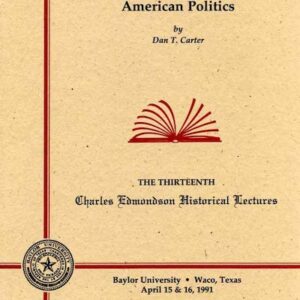
George Wallace, Richard Nixon, and the Transformation of American Politics
By Dan T. Carter (NHC Fellow, 1990–91)

By Dan T. Carter (NHC Fellow, 1990–91)
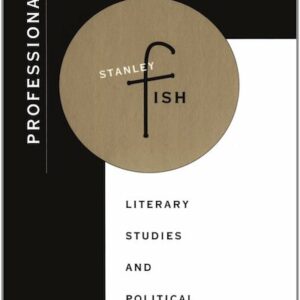
By Stanley Fish (NHC Fellow, 1991–92) The discipline of literary criticism is strictly defined, and the most pressing issues of our time—racism, violence against women and homosexuals, cultural imperialism, and the like—are located outside its domain. In Professional Correctness, Stanley Fish raises a provocative challenge to those who try to turn literary studies into an instrument of political … Continued
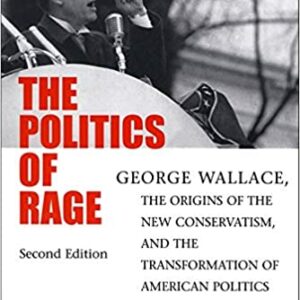
By Dan T. Carter (NHC Fellow, 1990–91) Combining biography with regional and national history, Dan T. Carter chronicles the dramatic rise and fall of George Wallace, a populist who abandoned his ideals to become a national symbol of racism, and later begged for forgiveness. In The Politics of Rage, Carter argues persuasively that the four-time … Continued
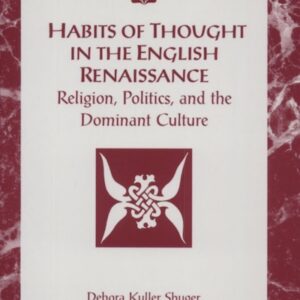
By Debora Kuller Shuger (NHC Fellow, 1987–88) When attempting to globally divide ideas into orthodox and subversive categories, it is not always clear what precisely is subversive to the dominant ideology and vice versa. Going against recent trends in English Renaissance studies, Deborah Shuger examines orthodox, rather than subversive, methods of thought in the English … Continued
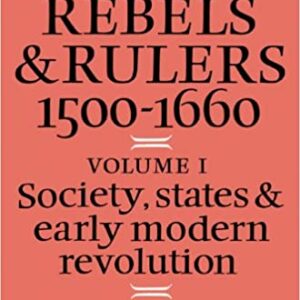
By Perez Zagorin (NHC Fellow, 1978–79) Rebels and Rulers, 1500–1660 is a comparative historical study of revolution in the greatest royal states of Western Europe during the sixteenth and the first half of the seventeenth centuries. Revolution as a general problem and the causes and character of revolution in early modern Europe have been among … Continued

By Niccolò MachiavelliTranslated by Harvey C. Mansfield, Jr. (NHC Fellow, 1981–82; 1982–83) The most famous book on politics ever written, The Prince remains as lively and shocking today as when it was written almost five hundred years ago. Initially denounced as a collection of sinister maxims and a recommendation of tyranny, it has more recently been defended … Continued
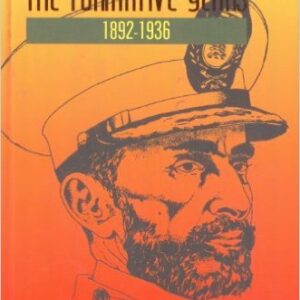
By Harold G. Marcus (NHC Fellow, 1985–86) Always controversial during his lifetime (1892-1975), Haile Selassie became, after his dethronement in 1974, a political icon to some, a monster to others, and to all a legend. There is no understanding modern Ethiopia without a grasp of the Emperor's life. This first volume of a projected three-volume … Continued
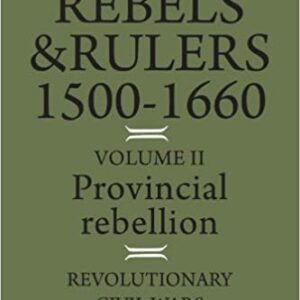
By Perez Zagorin (NHC Fellow, 1978–79) Rebels and Rulers, 1500-1660 is a comparative historical study of revolution in the greatest royal states of Western Europe during the sixteenth and the first half of the seventeenth centuries. Revolution as a general problem and the causes and character of revolution in early modern Europe have been among … Continued
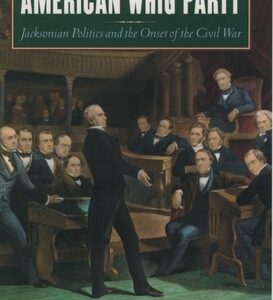
By Michael F. Holt (NHC Fellow, 1987–88) Here, Michael F. Holt gives us the only comprehensive history of the Whigs ever written. He offers a panoramic account of the tumultuous antebellum period, a time when a flurry of parties and larger-than-life politicians–Andrew Jackson, John C. Calhoun, Martin Van Buren, and Henry Clay–struggled for control as … Continued
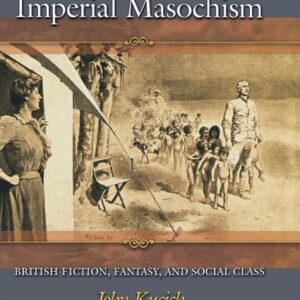
By John Kucich (NHC Fellow, 2002–03) British imperialism’s favorite literary narrative might seem to be conquest. But real British conquests also generated a surprising cultural obsession with suffering, sacrifice, defeat, and melancholia. “There was,” writes John Kucich, “seemingly a different crucifixion scene marking the historical gateway to each colonial theater.” In Imperial Masochism, Kucich reveals the … Continued